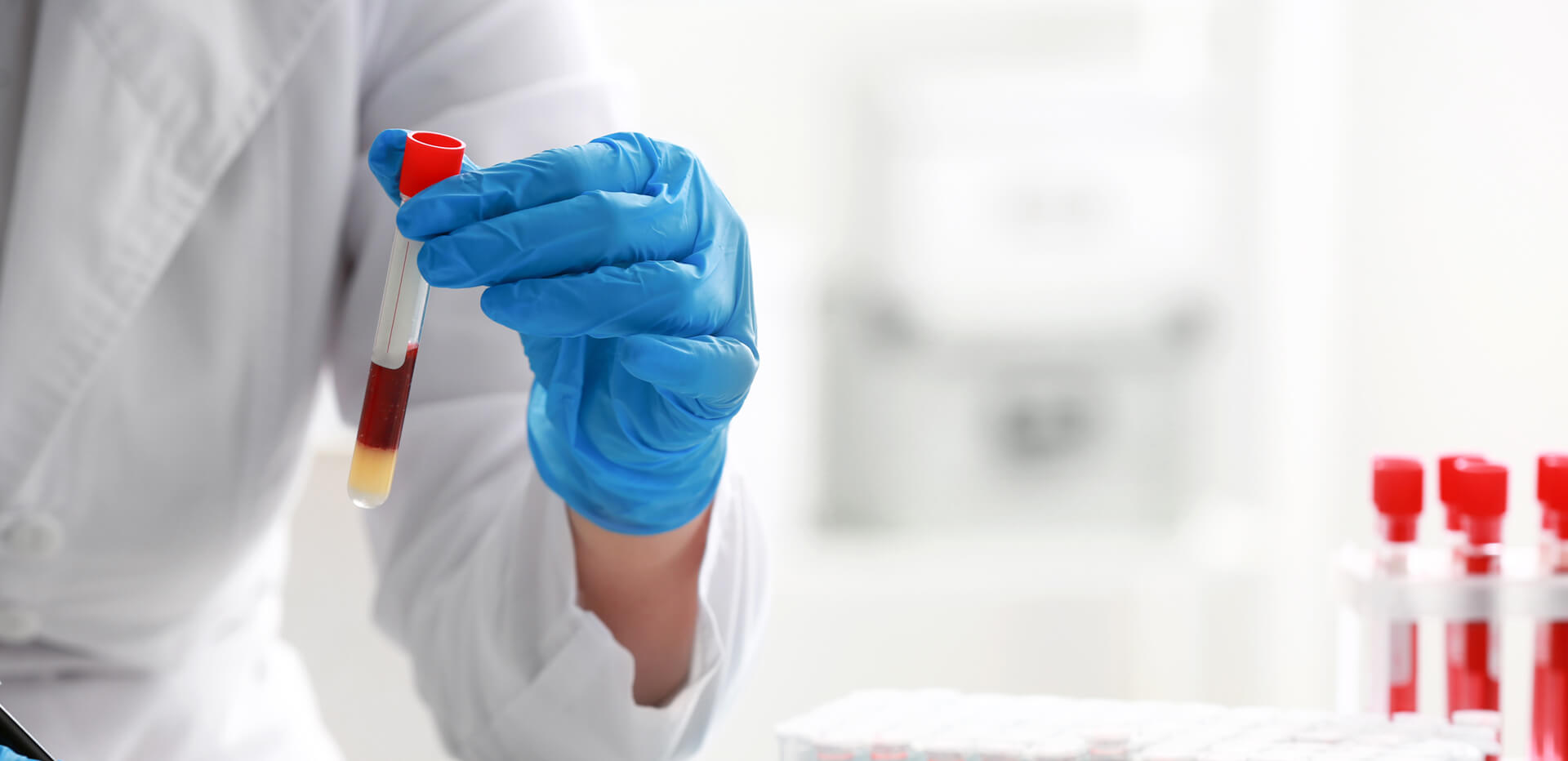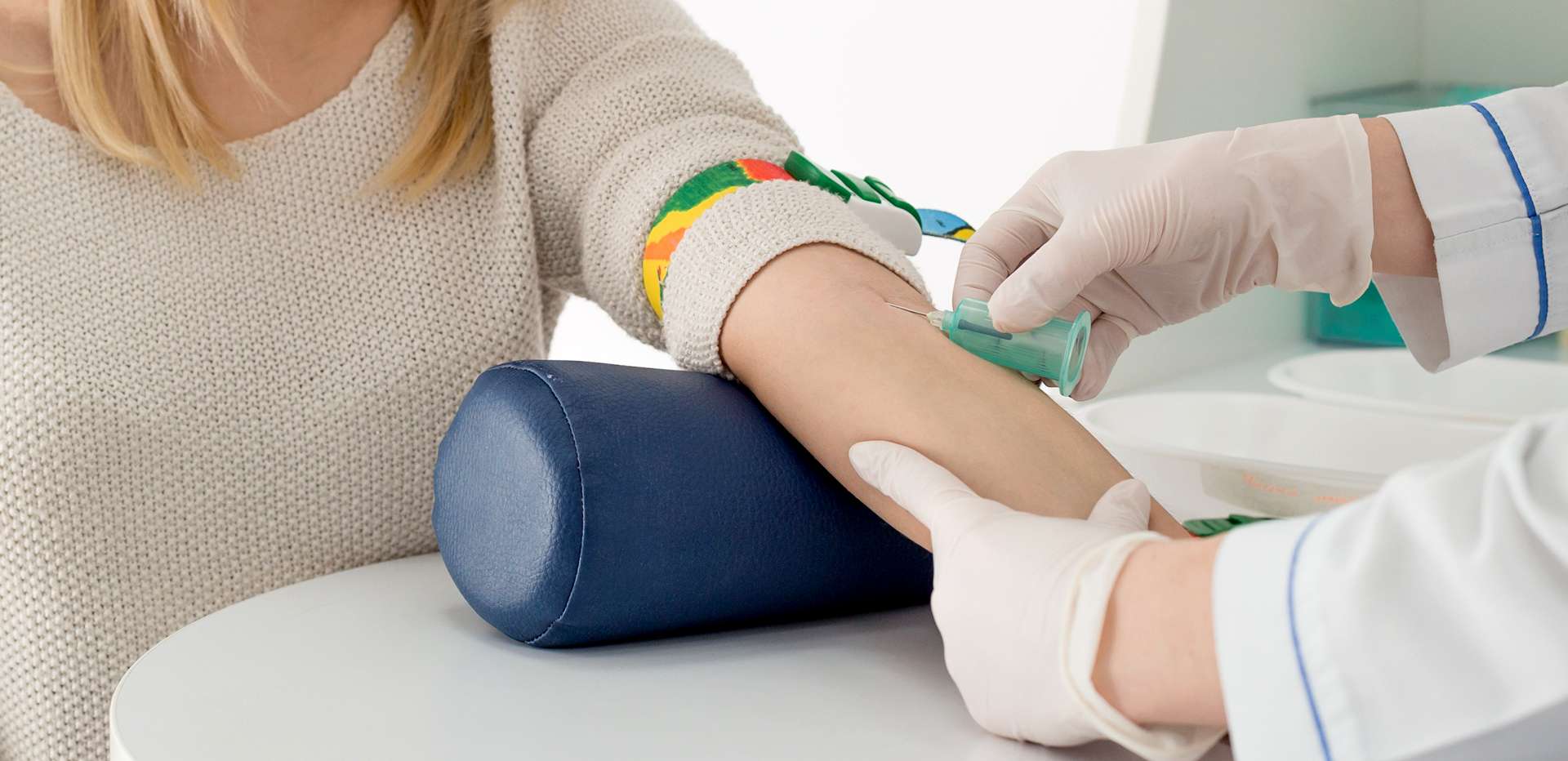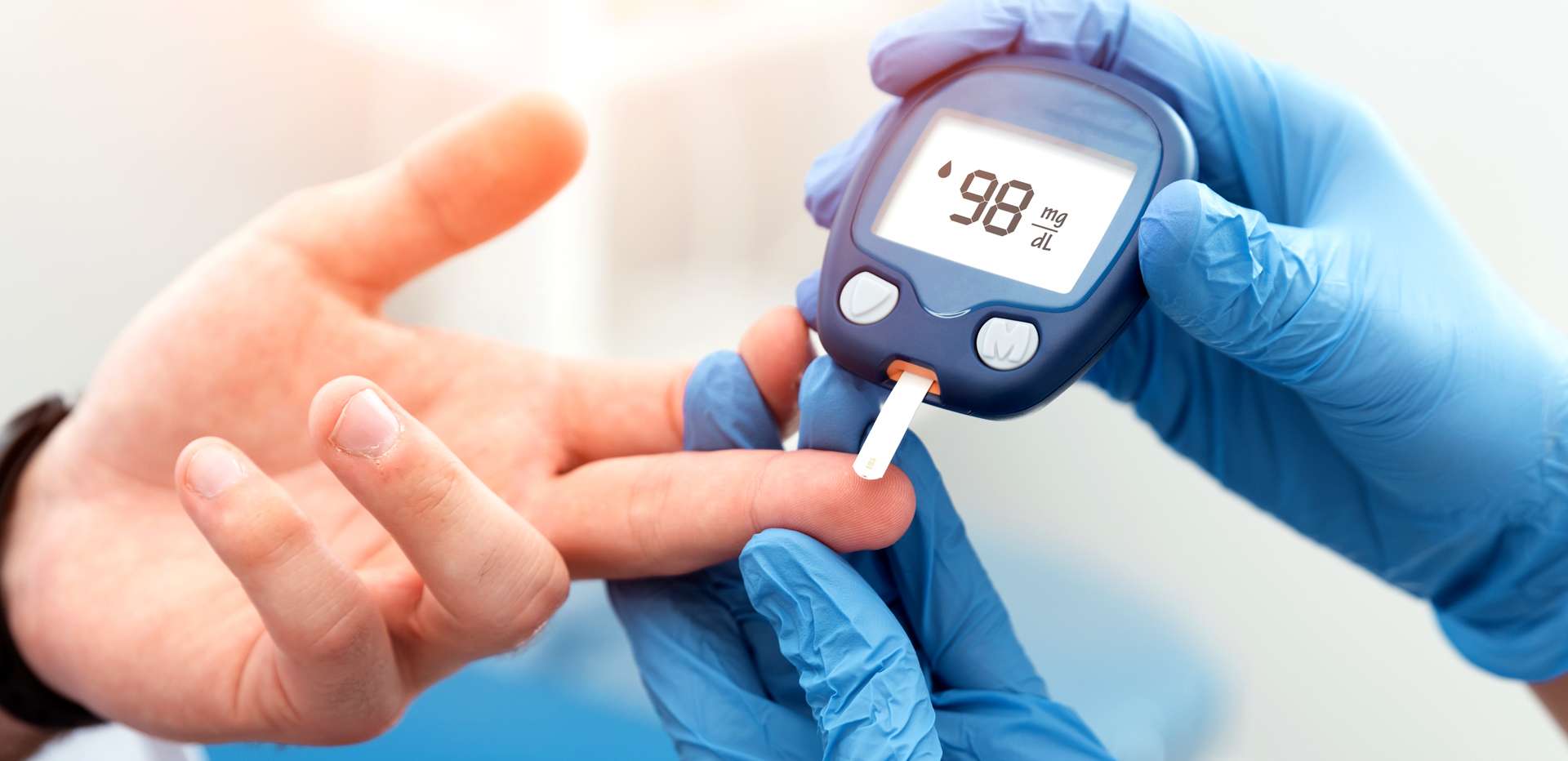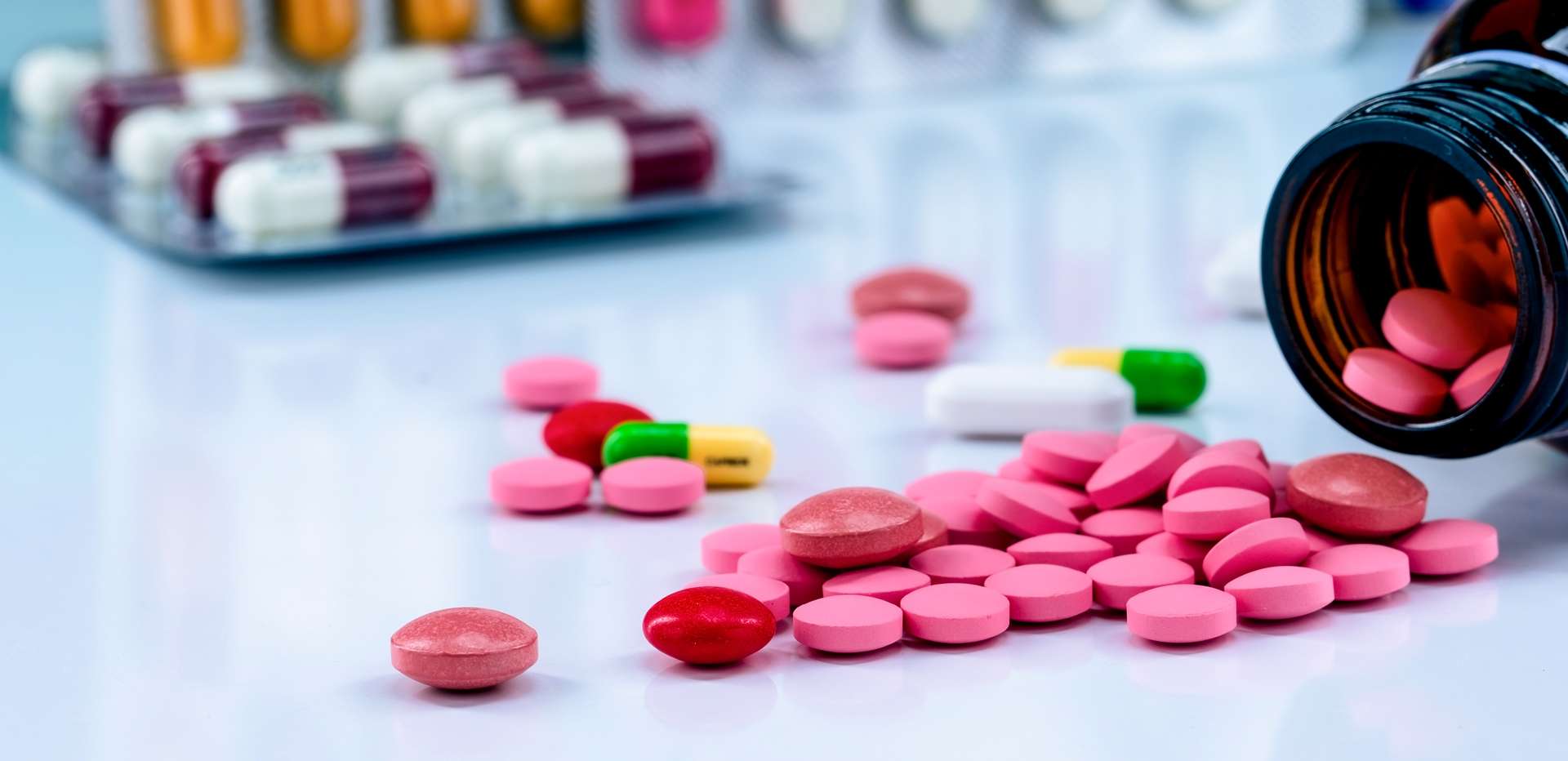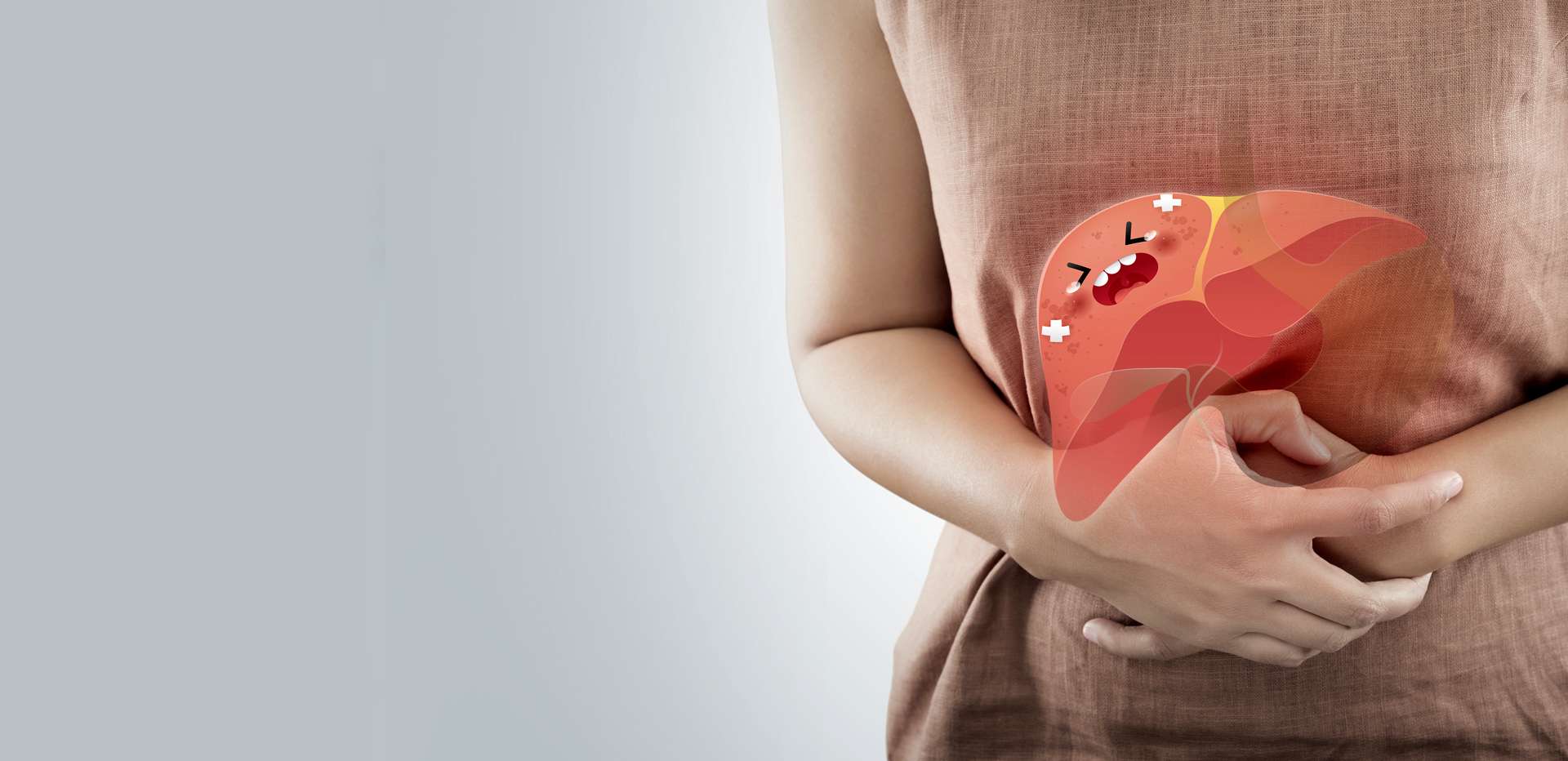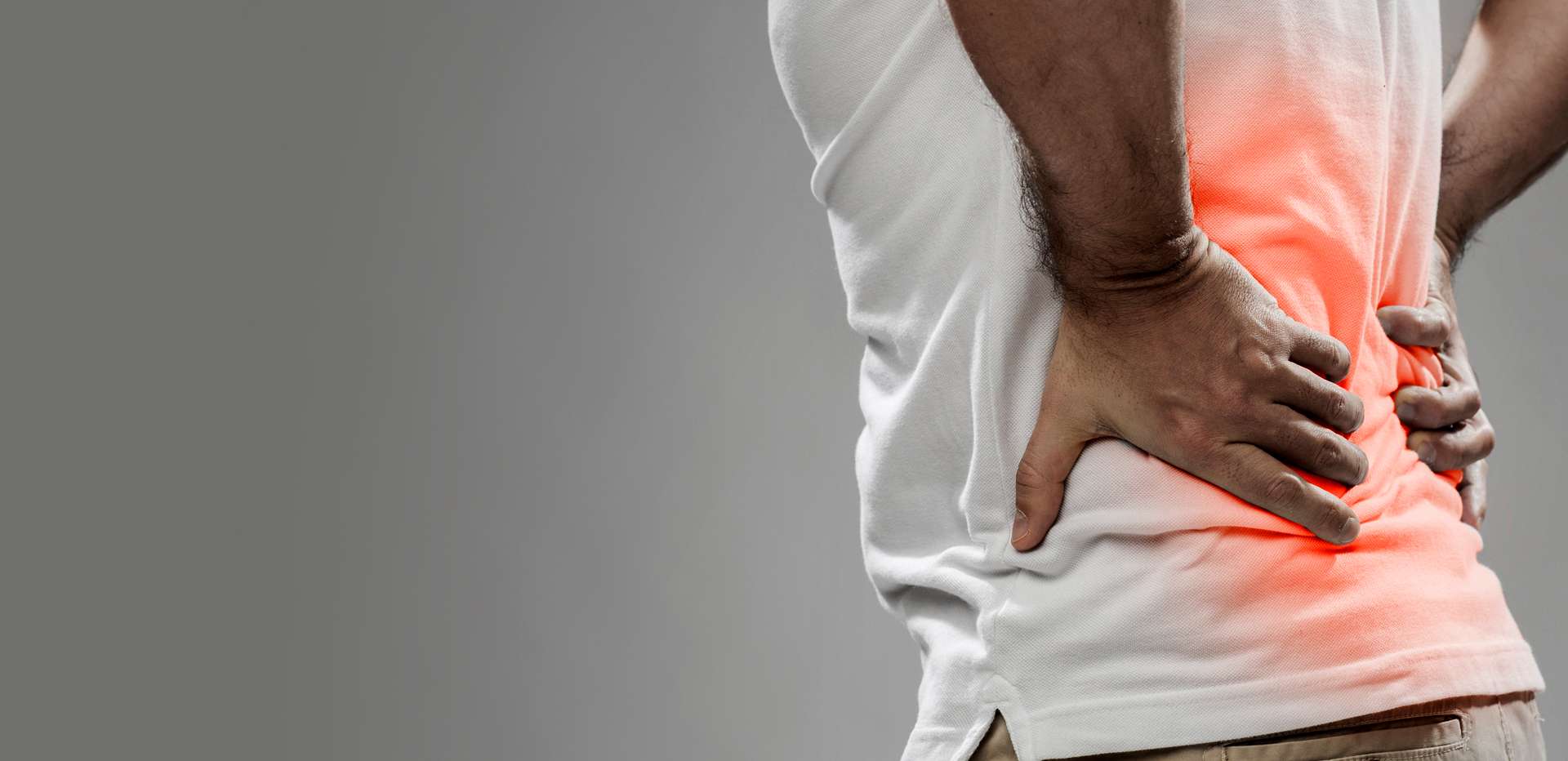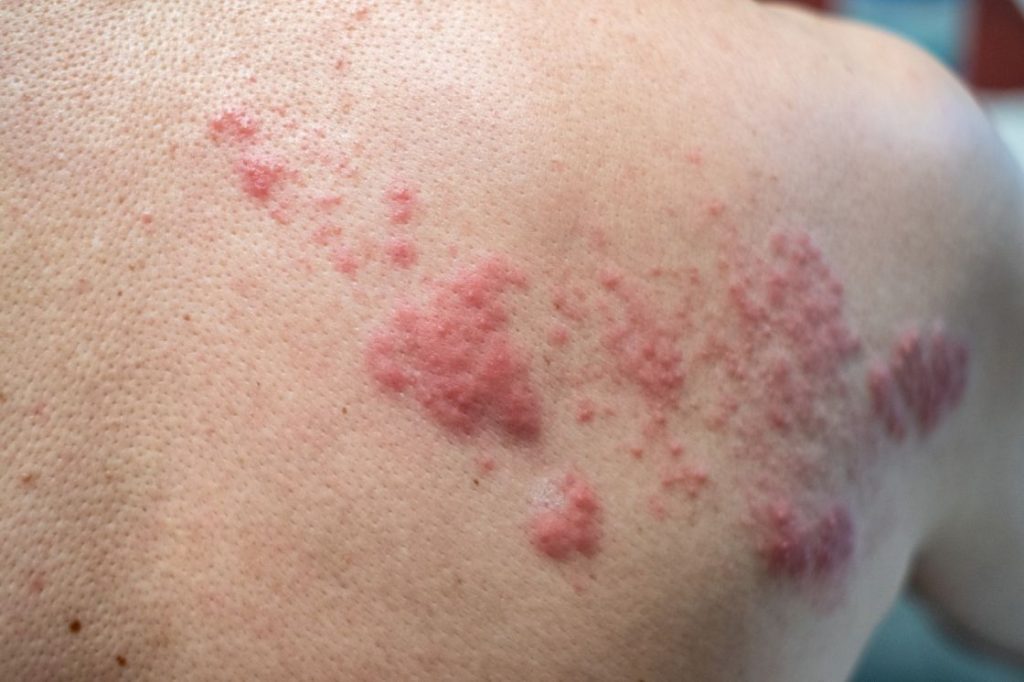Shingles, also known as herpes zoster, is most common in older adults and people with weakened immune systems. Recognising the early signs of shingles and understanding how to treat them can help manage this painful condition and prevent complications.
Early Signs of Shingles
After a person has had chickenpox, the virus can remain dormant in the body and reactivate years later, leading to shingles. Recognising the early signs of shingles is crucial for early diagnosis and treatment. Here are the key signs and symptoms to watch for:
- Pain and Tingling: One of the earliest signs of shingles is often pain or tingling in a specific area of the skin. This is usually localised and may feel like a burning or shooting pain. The pain can occur before the rash appears and may be mistaken for other conditions such as muscle strain or nerve pain.
- Rash: A shingles rash typically appears a few days after the pain begins. The rash usually starts as red patches on the skin and then develops into fluid-filled blisters. The rash is usually confined to one side of the body, often appearing in a band or strip along a nerve pathway.
- Itching: The rash caused by shingles can be very itchy. Scratching the rash can lead to further irritation and increase the risk of infection. It’s important to avoid scratching and to keep the rash clean and dry.
- Sensitivity to Touch: The skin affected by shingles may become very sensitive to touch. Even light touch or clothing brushing against the skin can cause discomfort or pain.
- Flu-like Symptoms: Some people with shingles may experience flu-like symptoms such as fever, chills, fatigue and headache. These symptoms can occur before the rash appears or alongside it.
- Nerve Symptoms: In some cases, shingles can affect the nerves and cause symptoms like numbness, tingling or a burning sensation. This is known as post-herpetic neuralgia and can persist even after the rash has healed.
- Eye Symptoms: If shingles occurs near the eye, it can cause symptoms such as redness, swelling and pain in the eye. In severe cases, shingles in the eye can lead to vision loss.
Is Shingles Contagious?
Shingles is not contagious, but the virus that causes shingles can be passed on to another person who has not had chickenpox or the chickenpox vaccine. This transmission can only occur through direct contact with the fluid from the blisters of the shingles rash.
The person exposed would not develop shingles but could develop chickenpox. Once the blisters have dried and crusted over, the virus is no longer contagious.
Treatment of Shingles
Early treatment of shingles can help reduce the severity and duration of the symptoms and prevent long-term complications such as postherpetic neuralgia, a condition where the pain persists even after the rash has cleared. Here are key steps in treating shingles:
- Antiviral Medication: Doctors often prescribe antiviral drugs such as acyclovir, valacyclovir or famciclovir. These medications are most effective when started within 72 hours of the first appearance of the rash. They help reduce pain, prevent viral replication and accelerate healing of lesions.
- Pain Management: Over-the-counter pain relievers like ibuprofen or acetaminophen can help manage the pain associated with shingles. In more severe cases, your doctor may prescribe topical creams, nerve block injections or other medications to control the pain.
- Care for the Rash: Keeping the rash clean and dry helps prevent any bacterial infection of the blisters. Calamine lotion and colloidal oatmeal baths can relieve itching and discomfort.
- Rest and Hydration: Adequate rest and staying hydrated can aid the recovery process, as can maintaining a balanced diet to support the immune system.
Shingles Vaccine
Prevention is always better than treatment. The shingles vaccine, recommended for adults aged 50 and older and those with weakened immune systems, can significantly reduce the risk of developing shingles and associated complications.
The vaccine is effective in preventing shingles in about 50% of cases and reduces the severity and length of the disease in those who get shingles despite vaccination.
Take Control of Shingles Symptoms: Book Your Treatment Appointment Today!
Recognising the early signs of shingles and promptly seeking treatment are crucial steps in managing this painful condition. While treatment can help alleviate symptoms and prevent complications, vaccination remains the most effective preventive measure against shingles.
If you’re experiencing early signs of shingles, schedule an appointment with Touchwood Pharmacy through our Pharmacy First, where you can receive prompt treatment without a GP visit. Act now and let us help you manage your symptoms effectively.




